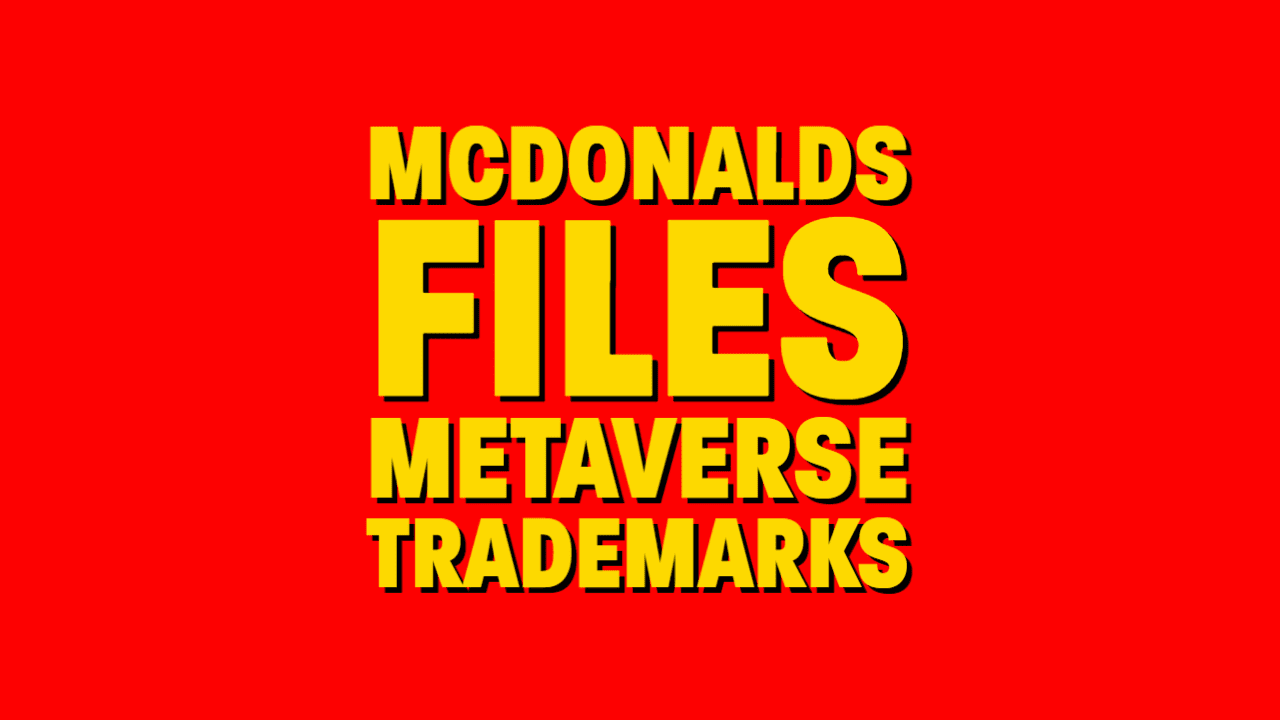The unregulated blockchain space has often been referred to as the digital “Wild West” and it appears that the metaverse is where the digital “gold rush” is currently happening — Goldman Sachs recently made a bold prediction that the metaverse could be an $8 trillion opportunity. An increasing number of well-known brands including Puma, New Balance, Crocs and even McDonald’s are joining the fray with metaverse trademark filings, while Adidas and Nike have both ramped up their efforts in the virtual world. Even the EU is analysing the metaverse ahead of possible regulatory action.
On the other hand, opportunists have gotten themselves embroiled in trademark wars for creating NFTs that use the marks and likeness of major brands. Recently, Nike sued Stock X for selling unauthorised sneaker NFTs bearing Nike’s logo while Hermes sued the creator of MetaBirkins NFT for copyright infringement. With the legal outcome of the lawsuits still unclear, we reached out to four law firms in New York that specialize in Intellectual Property under US Jurisdiction and asked them burning questions on the matter.
Here are the key findings:
- Even without concrete legal terms established in the metaverse, it’s important that creators and buyers know that copyright laws still apply even in this digital “Wild West”.
- The fate of the NFT creators lies with the terms of judgement and settlement agreement.
- Royalty arrangements between brands and NFT creators are already or close to happening.
- NFTs and the metaverse will be under government control at some point.
It seems like there’s a lot of legal action going on in the NFT space these days. Companies are rushing to file trademarks, others sue – what’s your take on this? Where is it going?
“Fundamentally, a trademark serves to tether an idea to a product or a service. Consumers are willing to buy Prada shoes at shocking prices because of what the Prada brand represents. NFTs, which are by definition abstract and strictly digital in nature will invariably rely on brand recognition (through their trademarks) to become a valuable commodity worthy of extreme price points.” — Abe Cohn, Managing Partner and Trademark Attorney at Cohn Legal, PLLC.
“It’s hard to say where the NFT space is headed, because it’s evolving every day. While we’re able to pull from different areas of Intellectual Property law to help guide us, the NFT space is filled with IP minefields. It’s important that everyone involved (the artists, the platform, any associated brands, etc.) have strong contracts in place protecting their rights. I always recommend ensuring that your respective Intellectual Property rights are protected and that they are cleared for use, whether that be through registered trademarks, copyrights or licensing agreements.” — Sharon Kahn, Esq., Associate Attorney at Pardalis & Nohavicka LLP.
“Litigation in the NFT space is only beginning. January 2022 was a record month for NFTs, and it also brought with it two high-profile litigation cases. As more brands enter the Web3 space, more litigation will inevitably arise. I am particularly interested in potential copyright or trademark actions brought by NFT creators or holders based on allegations that a tangible work infringed on the intellectual property rights of their NFTs. So far, litigation has been limited to the reverse – where intellectual property rights of traditional work are allegedly infringed by an NFT project.” — Daniel Dubin, Senior Associate Attorney at Alston & Bird.
“I believe that it is the beginning of another realm which will be governed by Intellectual Property Law. Currently, the type of law that best encompasses such scenarios involving NFTs is Trademark Law. However, Copyright Law is also applicable to NFTs. Eventually, as the legal world catches up with modern technologies, I would expect to see laws that deal specifically with NFTs and the like.” — Shahrina Ankhi-Krol, Esq., Owner of Ankhi-Krol Law.
“Trademarks are owned in conjunction with a particular good or service; if a new business were to use the trademark that another business owns for a different category of goods/services the new business owner would not be committing trademark infringement.
However, the exception to this general rule is that when the senior trademark holder is a famous and well-known company, the new business still cannot use the senior’s trademark even if they are providing an entirely different product/service. This is because of a principle in trademark law called “Dilution”. Thus, even though NFTs are rather exotic and most major (famous) companies are not yet engaging in the NFT space, the principle of Dilution would still prevent a newcomer from using a famous company’s name as a trademark.” — Abe Cohn.
“This is a new legal issue that we’re going to see unroll over the next few weeks, months and years. While NFT owners are definitely at risk of losing their rights if the creators and/or administrators of the platform didn’t get proper clearance, we’ll have to wait and see how these IP owners decide to proceed once they’ve “won” their case.” — Sharon Kahn, Esq.
“As a very basic precaution, the to-be NFT purchasers should ask themselves the following questions: Why am I buying the NFT? Is it because the NFT resembles a brand or entity that exists in the real world (versus the metaverse)? Does the name of the NFT resemble the name of a brand? Does anyone else recognize the NFT as belonging to a real world brand or entity?
If the answer to any of those questions is a yes, I would recommend that they first consult with an Intellectual Property Law attorney, like myself, before making the purchase and potentially expose themselves to a lawsuit. If they are sued for infringement, whether it be for trademark or copyright, they can pay damages and/or lose the right to use the NFT. The fate of their rights to the NFT would be determined by the terms of the judgment or settlement agreement.” — Shahrina Ankhi-Krol, Esq.
How far are we from NFT projects paying royalties to brands?
“It’s happening already to some degree. Brands that have their name, likeness, trademarks, etc. involved in the actual NFT are already making money not only off of the initial sale, but also on the secondary sales. While the compensation structure is unique to each contract, we’re seeing a lot of similarities to the classic royalties and residual structure.” — Sharon Kahn, Esq.
“I imagine we are very close to seeing royalty arrangements between NFT users/owners and the brands that the NFTs represent. In fact, I wouldn’t be surprised if brands are already in the process of creating such arrangements through enforceable contracts. It could be the only “win-win” solution to this situation.” — Shahrina Ankhi-Krol, Esq.
Do you think with governments stepping in, perhaps they could help bring some order by introducing a legal framework for the industry?
“I’m sure we will see some attempts for government control or guidance over this area, but it’s going to be a long time before a strong legal framework is established – and even that will bring up new issues. With each issue that arises, we’ll see how the court rules and that will slowly create the framework for the industry moving forward.” — Sharon Kahn, Esq.,
“Since all laws are governed by governments, whether on a State or Federal level, at some point, NFTs will also be under the control of governments. While I do believe that an established set of laws can help to regulate NFTs, I do not think that such a set of laws will be created in the immediate future. Even when such laws are created, there will be holes which will have to be filled over time. As usual, technology progresses at a much more rapid pace than our legislative bodies.” — Shahrina Ankhi-Krol, Esq.
“If you’re a business owner, it is now more important than ever before to register the trademark of your logos (along with your business name and slogans) as we have entered another universe – the metaverse. You may not know when your logo will end up in the metaverse but you can be as ready as possible to defend your brand and potentially make money from royalties or licensing arrangements.” — Shahrina Ankhi-Krol, Esq.
Conclusion
The consensus from all four lawyers is that more litigations and legal issues will arise as the NFT space and metaverse continue to grow. The trademark wars are a new legal issue that will unfold over the coming months and the law firms encourage everyone involved to have strong contracts in place to protect intellectual property rights.
DISCLAIMER: None of the above is intended to be nor should be construed as legal advice. It is to be used for informational purposes only.
Stay up to date:
Credit: Source link









